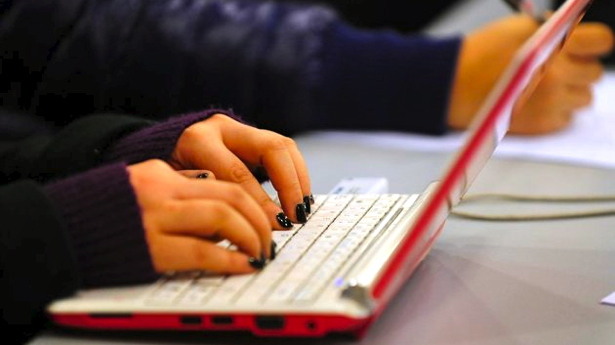The Ministry of Health announced on Tuesday that it has increased the prices of 3,000 drugs, of which about 300 drugs are against chronic diseases.
Minister of Health Ahmed Emad El-Din said in a statement that the ministry has agreed with pharmaceutical companies to move up the prices of 15% of local drugs and 20% of foreign drugs (totaling 3,000 drugs), out of 12,000 drugs in the market.
Emad El-Din added that the new increase will include a small portion of medicines against chronic diseases (a maximum of 10%). This increase was approved after several meetings with state regulatory agencies, and local and international pharmaceutical companies.
He continued that both sides reached a compromise and the ministry will hold a press conference on Thursday to announce the list of local and foreign drugs that will increase their prices.
Emad El-Din had stressed several days ago that medications against chronic diseases must be excluded from these lists. The companies, however, provided lists including those drugs, because the ministry did not provide a clear definition of medications against chronic diseases.
The minister pointed out that pharmaceutical companies had suggested increasing the price of all medications according to the increase of the Egyptian pound exchange rate, due to the high cost of raw materials for which prices had doubled. This suggestion was rejected from all sides.
The Central Bank of Egypt (CBE) has decided on 3 November to float the Egyptian pound against the US dollar, increasing its price from EGP 8.88 to EGP 18 per dollar.
Emad El-Din added that pharmaceutical companies also suggested increasing 30% of each company’s products by 50% every three months, but the Health Ministry, the cabinet, and the parliament had refused the suggestion.
The minister said that the government did not bow to pharmaceutical companies, and based negotiations and solutions on serving the Egyptian patient’s health.
“Everyone knows that pharmaceutical companies went through severe financial pressures as a result of the liberalisation of the US dollar exchange rate and we respect that. They had to increase prices to avoid the disappearance of medication from the market and the hampering of the industry,” the minister said.
According to the minister, price increases saved the Egyptian patient from suffering from shortage of medicines; therefore, the government increased prices appropriately to provide medications. However, the increase doesn’t commensurate with the increase of the US dollar exchange price in any way, according to him.
Emad El-Din said that medicines are the only products in Egypt traded by fixed prices and all medications are priced by the ministry’s pricing department.
The minister noted that 3,500 medications have been reviewed so far, which represent 92% of the medicines that were presented by companies to the ministry to determine which will be accepted or rejected. The review process started with separating medications required for the treatment of chronic diseases from others, before reviewing each medication against chronic diseases individually to ensure the availability of alternatives in the local market through the ministry’s pricing department. The meeting to complete the process was held 10 days ago.
The minister praised pharmaceutical companies’ approval to the final offer after the ministry and the government urged that all product prices must increase by a maximum of 15-20%, despite the US dollar price increase.
The minister said that production companies did not reduce their production or imports, and that the problem of medications shortage was caused by some institutions withholding medicines after collecting them from the local market, in order to make more money and gain extra profits.
The ministry reviewed medicines and found that the market lacks 250-300 out of 12,000 types of medicines. The medications shortage problem will be resolved through the announcement of the new pricing.




